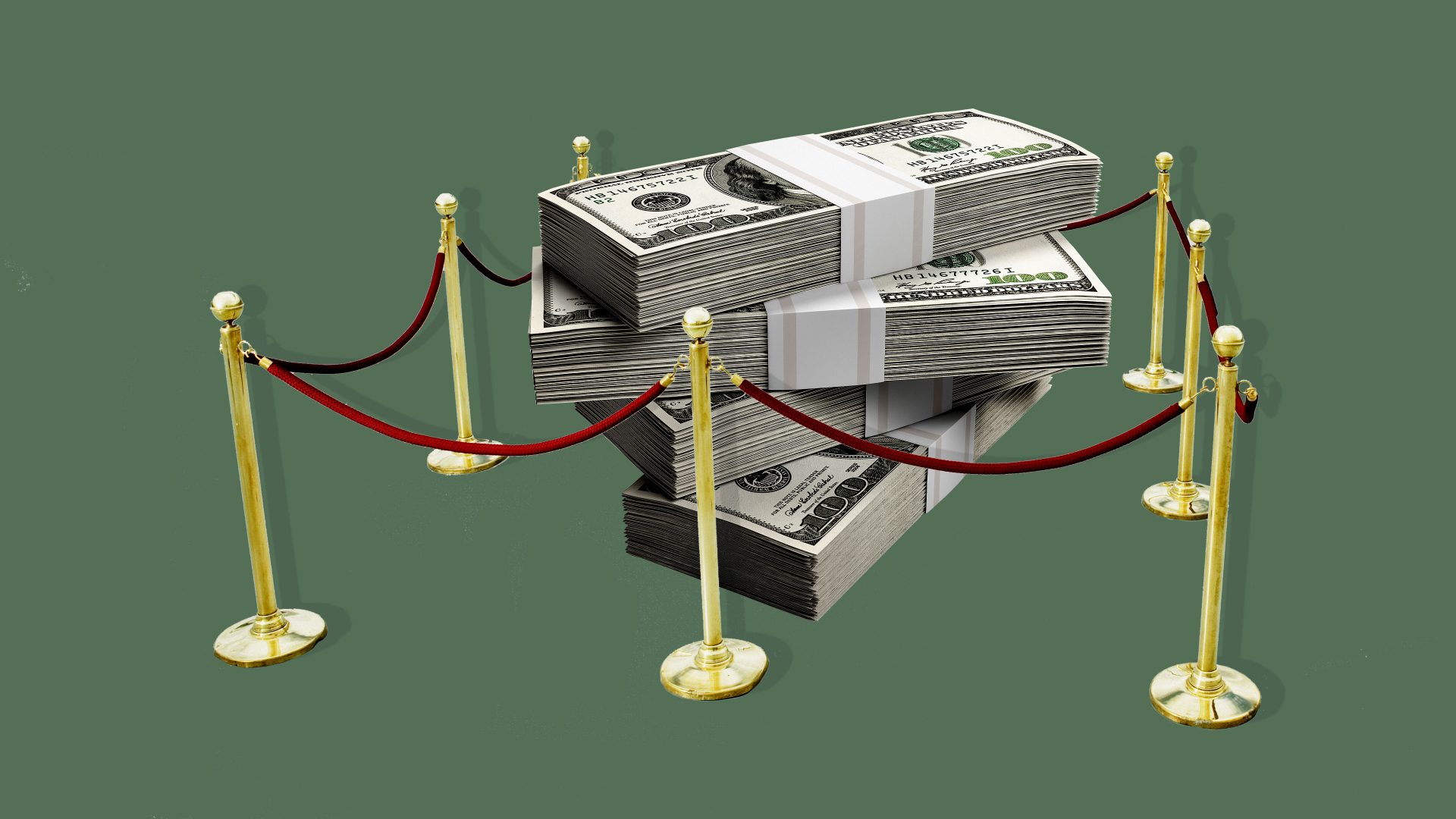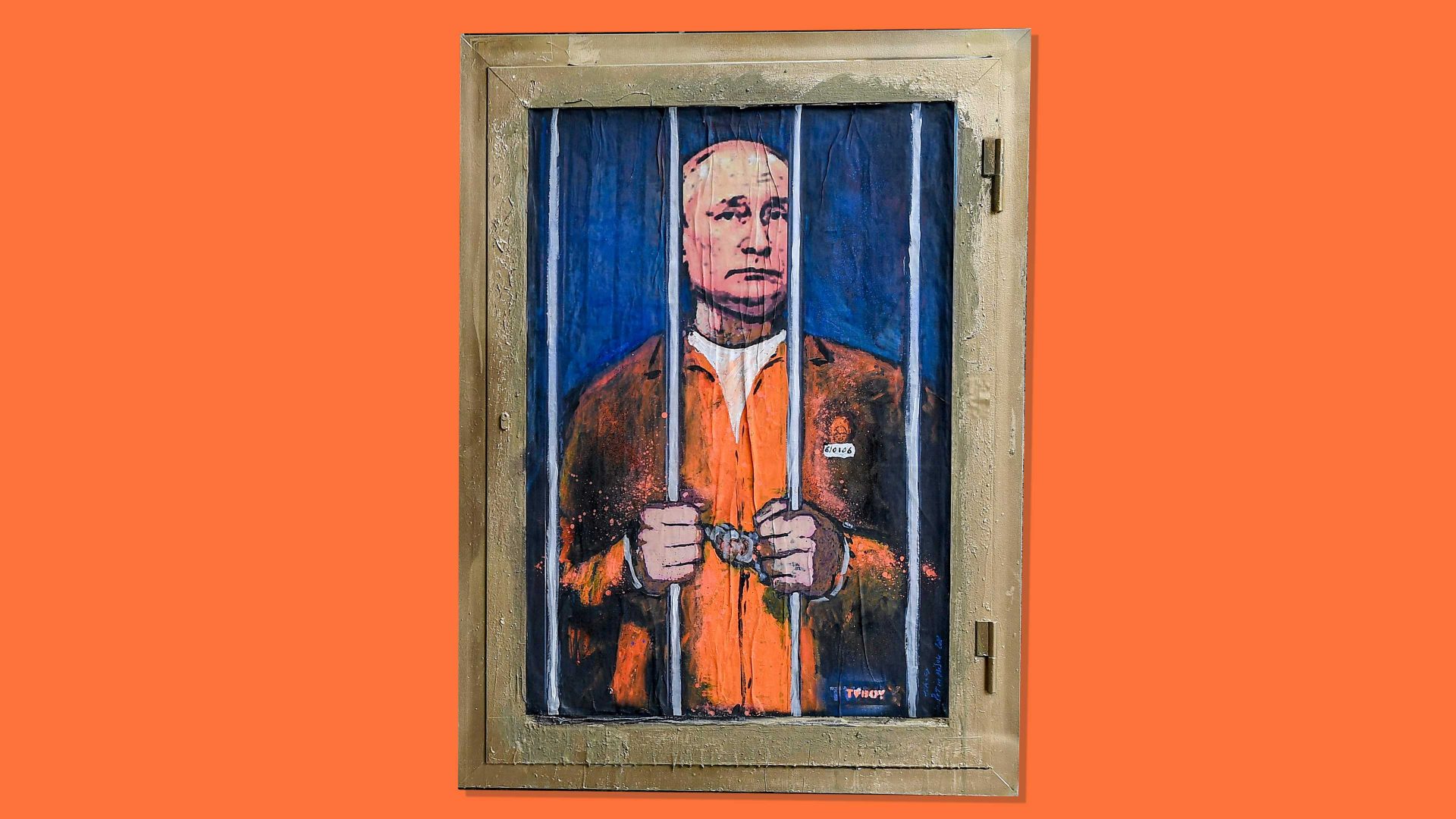Rishi Sunak’s new swimming pool will cost £13,000 a year to heat, six and a half times the average energy bill for a family home, yet he will probably scarcely notice increasing fuel costs. But for those on the edge of poverty, price rises will be devastating.
Soaring energy prices across Europe will destroy many lives this year. When Germany cuts the flow of Russian gas, this will trigger a recession, high unemployment, and major firms going under in the largest economy in Europe.
We are on the cusp of a social crisis. People on low incomes have already been disproportionately affected by the pandemic. And now they will be the main victims of these energy price rises. At the same time, across the world, wealth inequalities are increasing and have been for decades.
Is it right that through luck, inherited wealth, or perhaps hard work, some individuals and groups have a disproportionate share of the world’s resources, while others lack the basic prerequisites for health, safety, and dignity? Some of the wealthy see themselves as winners in the game of life and feel justified in keeping their money to spend on whatever luxuries they crave; others believe that justice demands a fairer distribution even if that means living more frugally.
Ultimately, “Who deserves what?” and “Who should give what to whom?” are moral questions.
For the philosopher Peter Singer, author of the influential The Life You Can Save, this is much more than a local problem. Our moral concern should be for all sentient beings, and particularly for those human beings whose lives could be saved or made tolerable by a fairer distribution of wealth globally.
He argues that if people are sick and dying in other parts of the world simply because they don’t have access to safe drinking water or basic medicines, then we in relatively affluent countries should use our money as efficiently as we can to help them. We should take the hit of a loss of disposable income for the greater benefit of humanity. This typically means looking beyond the poverty nearest us.
For effective altruists like Singer, outcomes per pound spent are all-important. They want bang for bucks. It’s easy to focus on people who are nearby, while neglecting those far away who would benefit far more. This is not just a theoretical matter for Singer – he recently donated much of his $1m (£800,000) Berggruen prize money to carefully selected charities. But his approach runs counter to many people’s intuitions about whom we should help first, since those in most need typically live in distant countries where large numbers of people are struggling to survive on very little.
Less radical than Singer, John Rawls took a different approach in his classic A Theory of Justice (1971). He used a thought experiment: choose the principles for a fair society from behind a veil of ignorance. You don’t know what position you will occupy in this society, whether rich or poor, your social class, ethnicity, looks, or intelligence level, whether you’ll have disabilities, your gender, or your family circumstances. In this situation what sort of society would you construct?
One principle that Rawls suggests it would be rational to pick is the Difference Principle. This aims to maximise the welfare of those who are most disadvantaged. Advantages to those who are already the most advantaged can only be justified when they bring about the best possible outcomes for the least advantaged. In other words, society should only allow there to be very wealthy people if that is what brings about a better outcome for those who have the least in that society. That way the rich wouldn’t be getting richer at the expense of the poor.
A basic level of wealth gives access to important ingredients in life, such as adequate nutrition, shelter, and the ability to participate in society, whereas increased wealth for the rich has diminishing marginal utility.
The UK today falls very far short of implementing this Difference Principle. At times it seems organised for the benefit of the rich at the expense of the poor. It is not a fair society in Rawls’s terms. Inequality will certainly increase in the coming months.
Research by Kate Pickett and Richard Wilkinson, authors of The Spirit Level, shows that high levels of income inequality have a significant influence on health, mental wellbeing, and social cohesion. The rich may be well-protected, but for the rest of us, this is going to be a very rough ride



